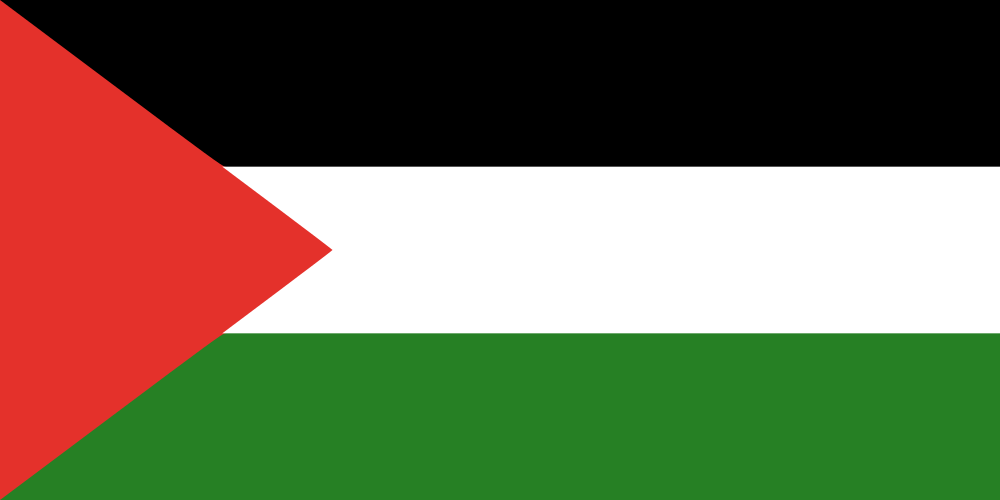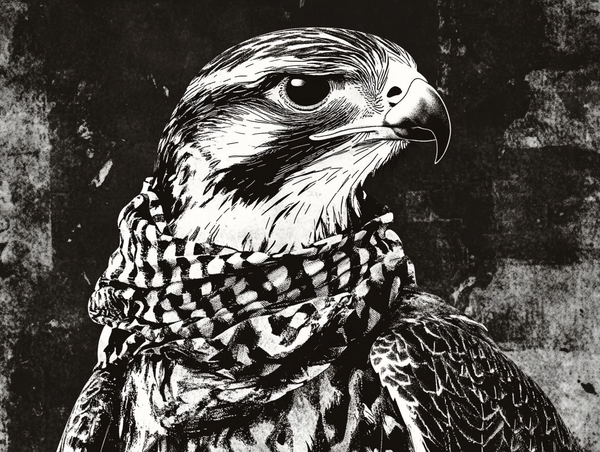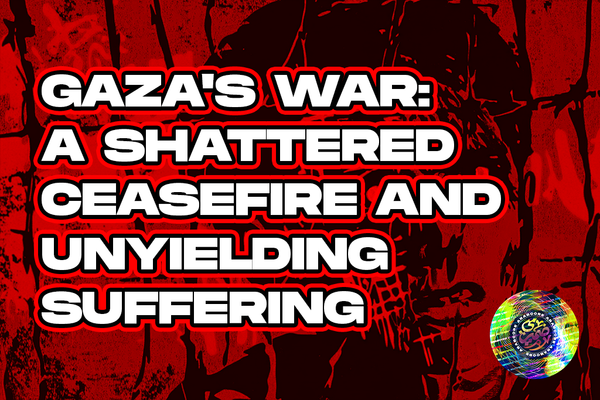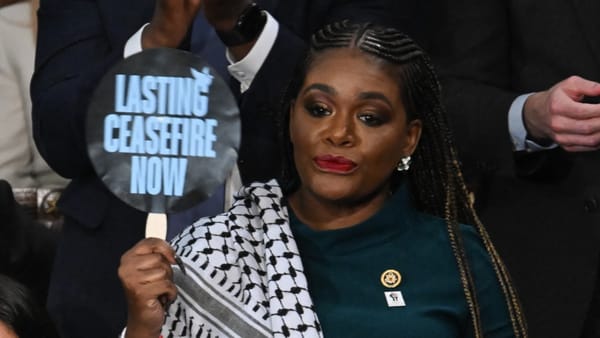472 Days of Genocide: The Ceasefire in Gaza Is Not the End – It’s Only the Beginning

After 472 harrowing days of a genocide that has left an indelible scar on the collective consciousness of humanity, an official ceasefire has been declared. Yet, this is not a moment for unqualified celebration. For Palestinians, especially those in Gaza, the ceasefire is a temporary pause, a fleeting reprieve in a long and ongoing struggle against occupation, apartheid, and systemic violence. It is not an end. It is not peace. It is, at best, a slowing of the machinery of destruction—a genocide that continues in quieter, less visible ways, away from the bright glare of global media scrutiny.
Gaza, a strip of land barely breathing under the suffocating weight of blockade and bombardment, now lies in ruins. Eighty percent of its infrastructure is destroyed, reduced to piles of rubble and memories of a life that once was. Entire families have been obliterated, homes reduced to ash, businesses gutted, and an already fragile economy obliterated. The loss is staggering: human lives, livelihoods, and the very fabric of a society painstakingly woven together over decades of resilience have been torn apart.
This temporary ceasefire, scheduled for just 42 days with the potential for extension, offers no guarantees of justice. It does not promise that the perpetrators of war crimes will be held accountable. There are no assurances that those who ordered the bombing of hospitals, schools, and residential buildings will ever face a court. The world, so quick to condemn on social media, often falters when it comes to real action—boycotts, sanctions, or meaningful pressure on the occupying power.
For the people of Gaza, survival is an act of defiance. Resistance is a daily reality, not an abstract ideal. The scars borne by Gaza are not just physical; they are generational and psychological, a collective trauma passed from one generation to the next. Beyond the physical destruction, the occupation continues to chase Palestinians wherever they go: stealing land, arresting men, women, and children, enforcing apartheid laws, and perpetuating a system of dehumanization.
This ceasefire comes at a cost, as all such pauses in violence do. It risks lulling the world into a dangerous complacency, allowing the international community to turn its gaze elsewhere while the machinery of occupation grinds on in quieter, less visible ways. The slowing of genocide does not mean its cessation. It does not mean that Palestinians are free, nor that the decades of colonialism, land theft, and systematic oppression have ended.
What remains in Gaza is resilience and a call to action. The world has been changed by the blood of Gaza—changed in ways that cannot and must not be reversed. The steadfastness of Palestinians, their resistance in the face of unimaginable odds, has not only ensured their survival but has also illuminated the stark realities of colonialism and oppression in the modern era.
But survival alone is not enough. Gaza needs more than temporary truces and promises of reconstruction. It needs freedom. Palestinians need justice, dignity, and the right to live without fear of drones, bombs, or forced displacement. This fight is not theirs alone—it is ours.
For those of us watching from afar, the question is no longer whether we can make a difference, but how. Boycotting companies and entities complicit in occupation, amplifying Palestinian voices, holding governments accountable, and fighting the normalization of apartheid—all these actions matter.
This is not just a Palestinian fight; it is a fight for humanity itself. Colonialism and oppression are not relics of the past—they are realities that continue to eat away at the lives of millions, from Gaza to the West Bank to refugee camps scattered across the region.
The temporary ceasefire in Gaza is a moment of reflection, not relief. It is a reminder of what has been lost and what remains at stake. It is a call to action for those who believe in justice, dignity, and freedom. Because Palestine is not yet free.
And until it is, none of us can truly claim to be.
Free Palestine.
By [Dhamiri]



